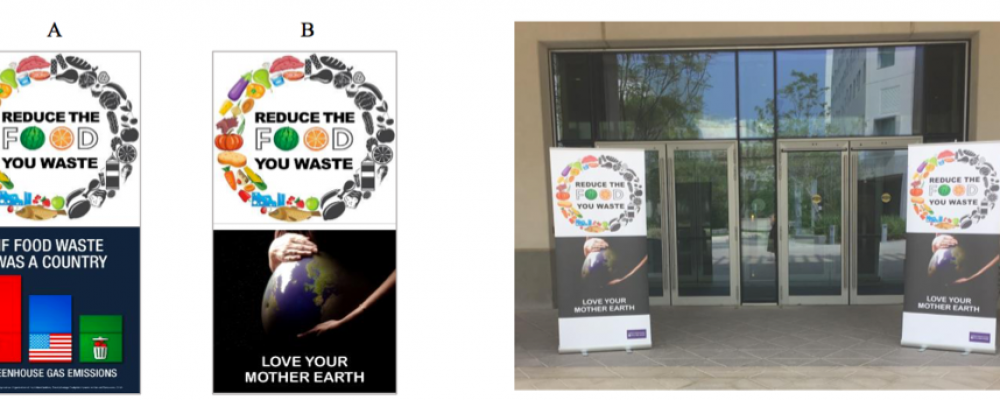In a four-part study led by NYU Abu Dhabi (NYUAD) Research Associate Claudia F. Nisa and Assistant Professor of Psychology Jocelyn J. Bélanger published in the journal PNAS, the researchers found that priming attachment security increases how much people accept, care and are willing to endure costs to mitigate climate change.
The notion of attachment can be defined as an innate behavioral system that bonds people together. When people feel securely attached to protective others, this facilitates the promotion of empathy, not just for close in-groups, but also for strangers and humankind. This research is ground-breaking in two ways.
First, it showed that it is possible to bypass the resistance of politically-conservative individuals to mitigate climate change. Whereas politically-conservative individuals were not positively influenced, for example, by a standard National Geographic video providing facts about climate change, they increased monetary donations to a pro-environmental group when primed with attachment security images, to the same levels as individuals from other political orientations. This suggests a new avenue to target individuals resistant to the notion of climate change due to political ideology – not with more information, but with more concern for others.
Further, this work shows that priming attachment security can be successfully implemented as a viable intervention to mitigate climate change.
During a field study on the NYUAD campus, different outdoor banners were displayed in the cafeteria on different days for a month. One banner stated that “Food waste produces greenhouse gas emissions – reduce the food you waste” (informational messaging). The other banner read “Save Mother Earth – reduce the food you waste” and featured an image of a pregnant woman whose belly was planet earth (intended to stimulate “secure attachment”).
With the logistic support from Abu Dhabi National Hotels Corporation (ADNHC), NYUAD’s food and beverage partner, researchers monitored more than 140,000 food transactions during breakfast, lunch, and dinner for a total of three months, including a pre and post intervention period. They found that the “Save Mother Earth” banner was more effective in reducing food waste than the informational banner related to greenhouse gas emissions.
The average savings from the attachment banner was 0.003 kg per food transaction. While this may seem very little, one should keep in mind that the NYUAD cafeteria registers about 2,000 food transactions per day. A reduction in 0.003 kg per food transaction corresponds to about 6 kg of food waste per day.
“With this research, we show that priming attachment security influences how much people feel personally responsible for climate change via an increased empathy for humanity,” says Nisa. “In doing so, we can bypass the resistance of politically-conservative individuals to mitigate climate change and inform intervention and policymaking strategies to help fight climate change.”
This work was funded by the Green Grants Program from the Office of Sustainability at NYU New York.




